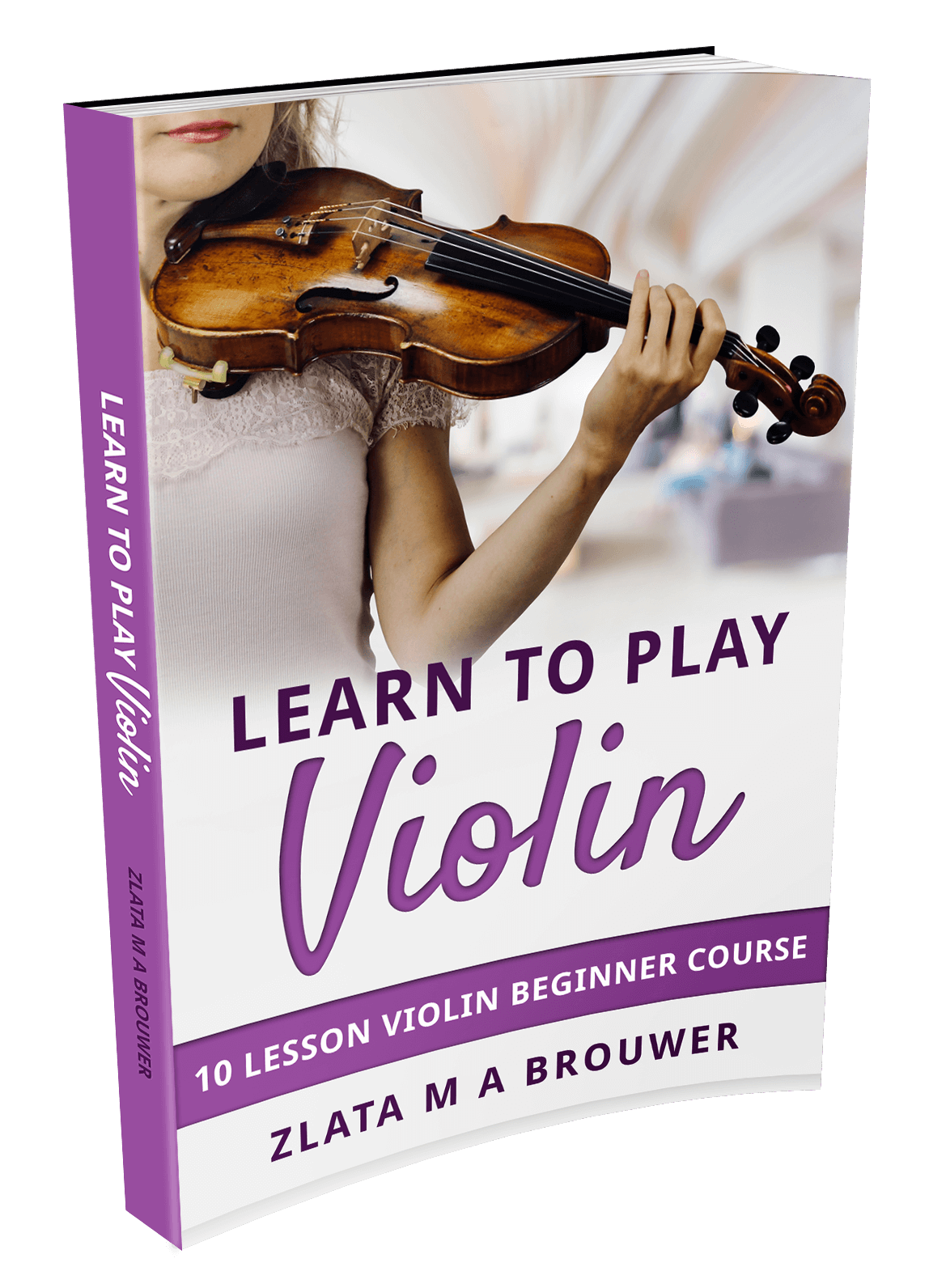How Music Education Can Be the Base of All Education
Music education is much more than just learning the skill to play an instrument.
Music education touches many areas in your life and your development.
What if music education was the base of any education?
During my violin methodology exam I came across this question. It caught me by surprise and had me thinking about music education in a completely different way. I realized that music education is not only about music.
An interesting topic to discuss. In this video I will explain to you why music education could be the base of all education.
Music education is not just about music
You might think of music education as lessons about reading notes, producing sounds from instruments or learning to play pieces. But music education is so much more than this!
While learning to play an instrument, you improve many cognitive, motoric and social skills. You also stimulate creativity and mindfulness. There is so much more about music education than what meets the eye.
Playing an instrument: a challenge for the brain
Playing an instrument is a very complex task and requires a lot of practice. This type of task is challenging for your brain! As a result of playing music, nerve cells in your brain will create more connections between them. More connections between nerve cells in your brain are linked to a higher IQ. Thus, playing an instrument makes you smarter! This is called the Mozart effect.
Your brain is also challenged by practicing motoric skills and memory. You not only have to remember notes and sounds, but also movements. Also you improve your reading and timing.
Learning to play an instrument is a form of bilateral learning: you use both halves of the brain at the same time. This is a difficult and creative type of learning!
Music as a tool to learn about history, culture and social skills
When taking music lessons, you are not only learning to play an instrument, you are also learning about music itself. The pieces you play come from different places and time periods. So you learn about the history and culture of pieces that you are playing!
Also, performing and playing in groups helps to develop social skills and self-esteem. Playing or performing together creates opportunities for new social connections and increases your self-confidence.
Music education for a creative mind and body
In other forms of education, people often use only their mind or only their body. For music education however, you connect your mind and body to learn, practice and play.
One of the most important things, is that music education stimulates creativity. When playing an instrument you use abstract and creative thinking. You can create your own pieces or give a personal twist to the piece that you are playing or to your style in general.
Additionally, music education helps to train your sensitivity and mindfulness.
There is so much more to music education than you might think in the first place! What are your thoughts on this topic? What do you think about music education? Please let me know and share your opinion in the comments!
PS: Do you want to see YOUR question answered in a Violin Lounge TV episode? Post a comment below!
Join my FREE beginner violin course
I take you from scratch step by step to your first violin concerto including 40 videos, sheet music and violin tabs.


It is difficult to make holding a violin a natural feeling. In this video you give some practical advices about relaxing the shoulder and practice in smaller blocks. After 15 minutes I always have to take an espresso 😉 I changed my shoulderrest (4 holes to adjust more detailed) and my chin-rest (more flat and real ebony-wood). This was an amazing difference and made the playing much more comfortable!
Oh yes, espresso helps a lot!